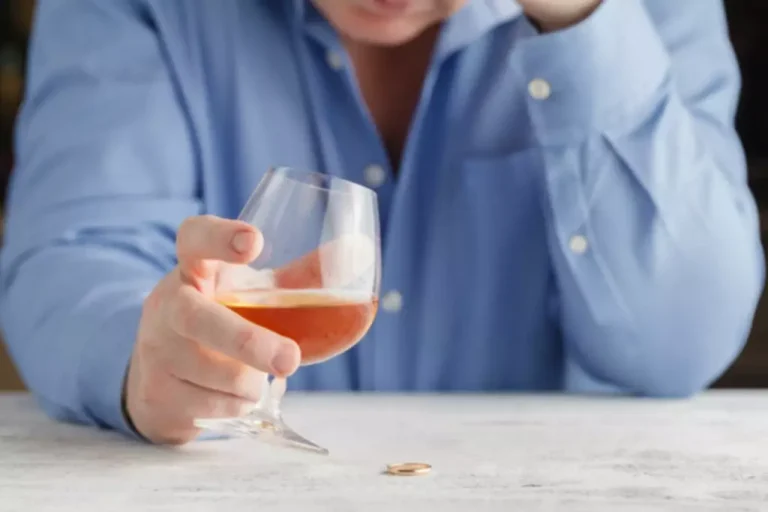
Find inner peace, purpose, and connection on your journey to sobriety. Discover the harsh effects of drug & alcohol use during pregnancy and learn about prevention strategies. Discover tips for staying sober one day at a time and navigate recovery with confidence and support. Explore the sober curious lifestyle, its impact on health and social norms, and steps to embrace it.

Drugs are All Around
Codependent individuals may find their self-esteem and self-worth closely tied to the well-being of the addicted person. They may sacrifice their own needs, desires, and boundaries to prioritize the needs of the addict. Many people in this situation continuously put the addict’s needs above their own, often to the detriment of their emotional and physical well-being. Some relationships and recovery partners may engage in enabling behaviours whereby they cover up for the person living with addiction. The motivation behind this could be the desire to protect the person, but this only leads to dysfunctional relationships and reinforces the addiction. It’s important to remember that you don’t have to go through this alone.
Creating Supportive Social Networks
- A recovering addict noted that expressing sincerity in apologies and actively listening to loved ones helped to bring about healing.
- Apologize for what has happened between you in the past (be as specific as you want or feel you need to be) and ask how you can make it up to them.
- Couples should prioritize activities that promote mental, emotional, and physical well-being.
- Addiction often causes trust problems due to broken promises, lies, and deceit.
It’s never too early or too late to get back on track after a loved one has struggled with addiction. If friends and family members can learn about this disease, it does help to give them a better understanding of what their loved one has lived through. Part of this process is helping addicts come to terms with the fact that their lives don’t immediately become better once they stop using chemicals. Clients in recovery must take responsibility for and deal with the aftermath of events that occurred while they were still using drugs or alcohol. While in a drug and alcohol treatment center, the staff and counselors can help clients using several different techniques.
Detoxing for Physical and Mental Health

It’s about finding inner happiness first, so that we can bring our best selves into the relationship. Without that foundation, we’re relying on someone else to fill the gaps inside us, and no one be expected to do that. Intentionally practicing perspective-taking can help you move beyond the illusion of “easy” understanding and nurture true empathy. One significant issue is the need to navigate social situations, where alcohol is often present, which can be triggering and uncomfortable. Individuals in recovery may find gatherings where drinking is the norm difficult to manage.

Additionally, boundaries help individuals identify potentially toxic dynamics in their relationships. By recognizing red flags—such as manipulative behavior or a lack of respect for personal needs—people in recovery can protect their mental health and safeguard their sobriety. Moreover, effective boundary setting plays a crucial role in preventing codependency—an issue that often arises when one partner becomes excessively reliant on the other for emotional support. This reliance can impede personal growth, making it difficult for individuals to develop their own coping strategies while supporting Halfway house one another.
- He is committed to helping both patients and families understand that addiction is a treatable medical illness.
- Seeking professional support and making consistent changes show your commitment to healing.
- This gives you the time to articulate your thoughts without judgment, which is valuable when focusing on shared vulnerability with your partner.
- This may involve changing the nature of some relationships, setting limits on interactions, and creating distance from people who do not respect the recovery process.
- Setting healthy boundaries fosters mutual respect, understanding, and harmony within relationships.
Recovery allows couples to reconnect on a deeper level, fostering emotional and physical closeness. Emotional intimacy grows when partners share their thoughts, fears, and hopes with one another. Engaging in meaningful conversations, practicing empathy, and showing appreciation can help bridge any emotional gaps created by addiction. Physical intimacy, which may have been neglected or strained, can also be rekindled through patience and understanding. Lies, secrecy, and broken promises can erode the foundation of a relationship, leaving both partners feeling hurt and uncertain. It requires honesty, open communication, and a willingness to be vulnerable.


Navigating relationship dynamics after addiction treatment can be one of the toughest parts of the healing experience. Your focus on sobriety might make you struggle with changing dynamics, trust problems, and barriers to communication with people close to you. Addiction creates wedges between friends because in an attempt to hide addiction, lies are created to cover it up. When trying to figure out how to rebuild trust with someone you hurt, taking responsibility for your actions is of the utmost importance. Second, acknowledging wrongdoings when talking to a friend can go a long way.

